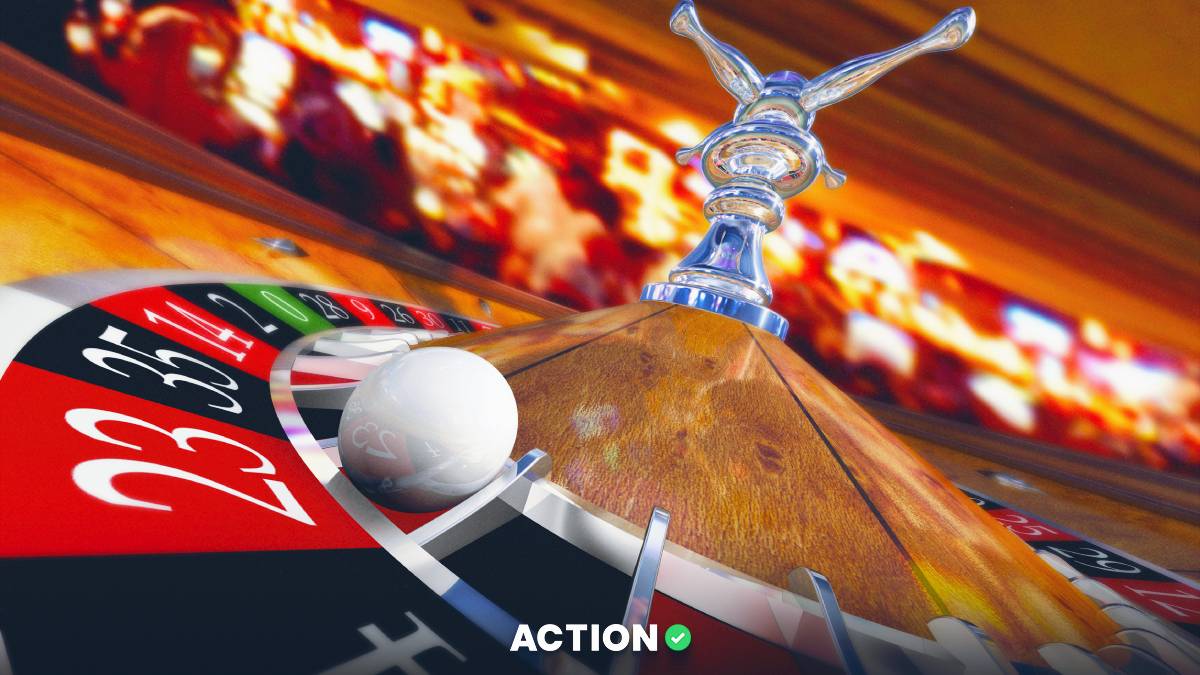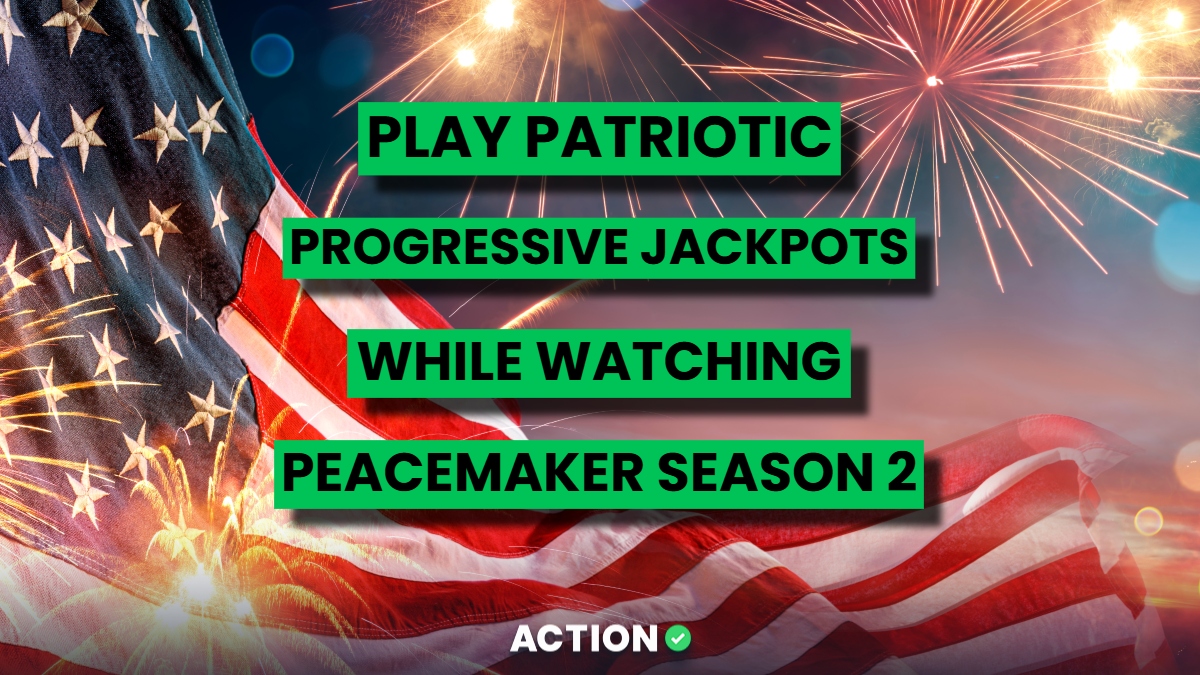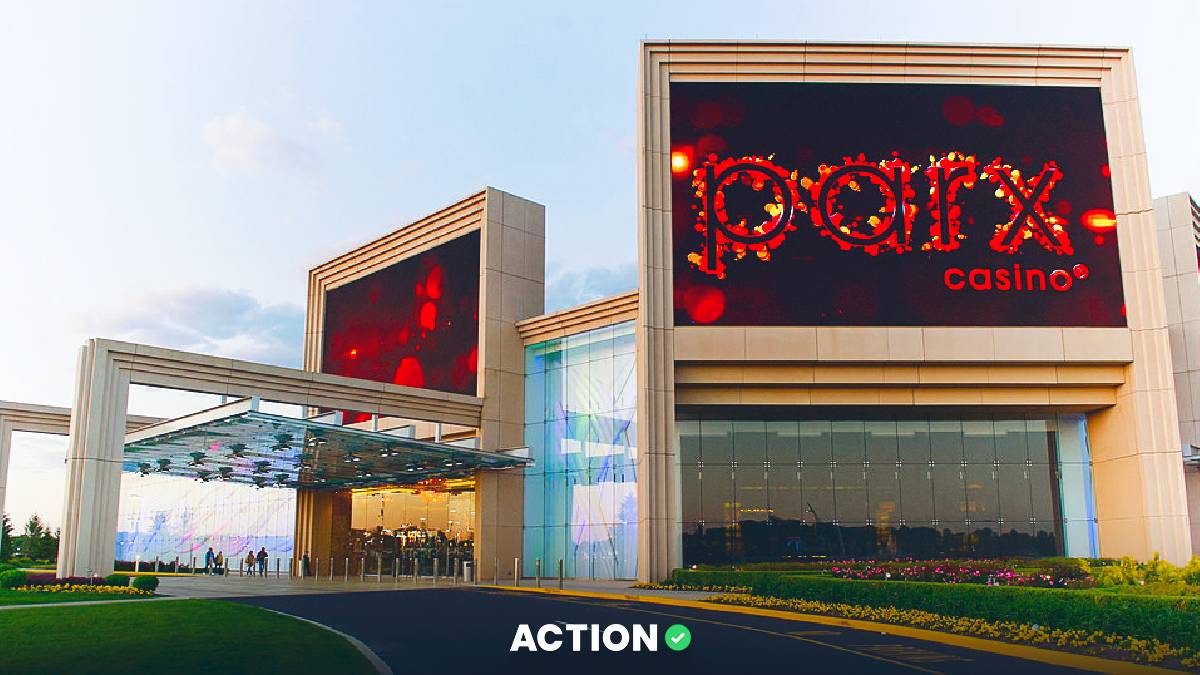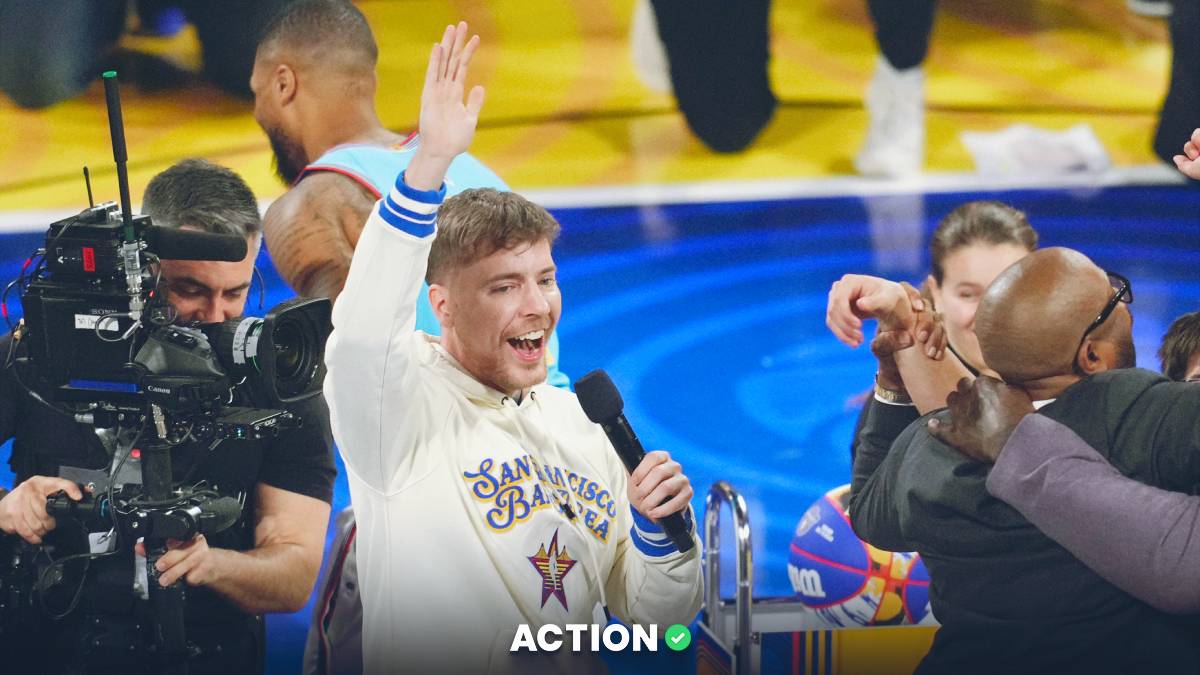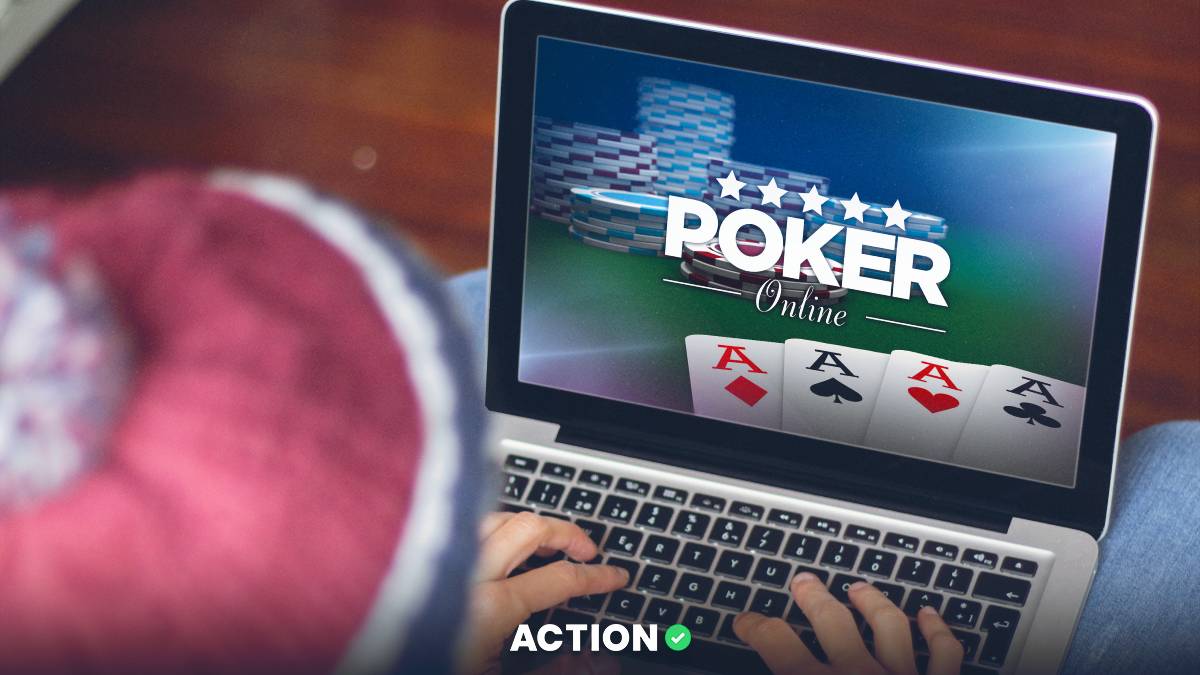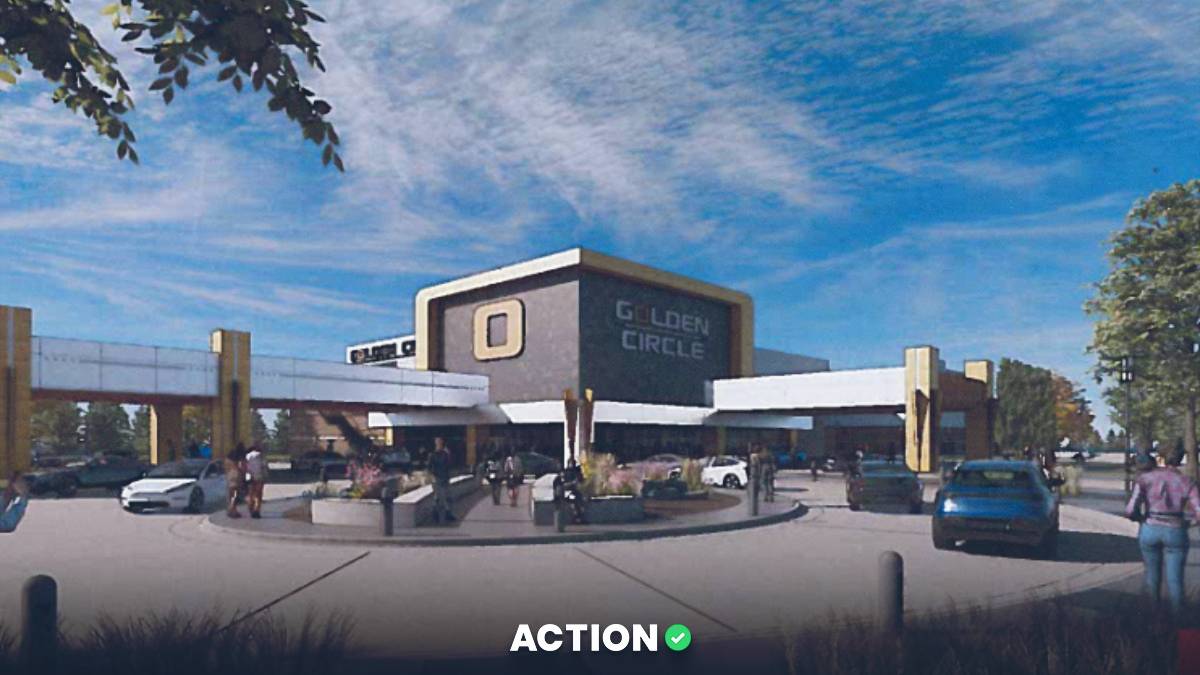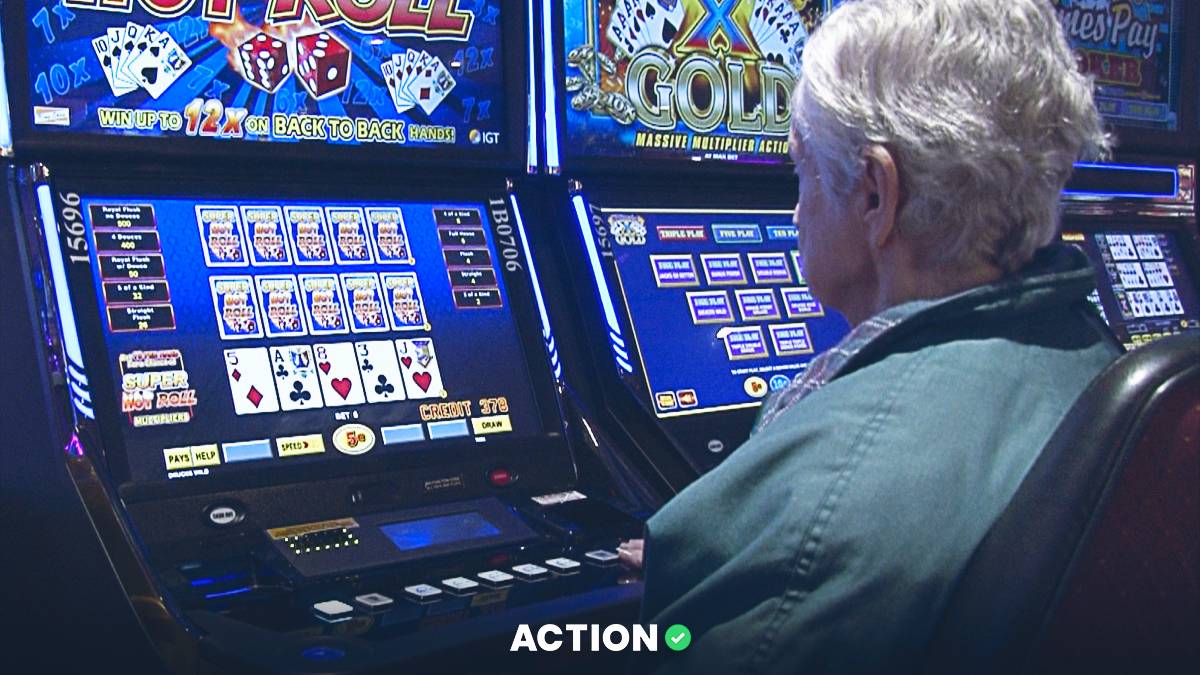The Pennsylvania Gaming Control Board has decided not to implement a proposed rule change that would have facilitated the return of problem gamblers to casinos.
Currently, individuals who self-exclude from casinos must take action to remove themselves from the ban list once their exclusion period ends. The proposed change was supposed to standardize the removal process for all gambling bans in Pennsylvania.
Following a monthlong public comment period, the Gaming Control Board reported that the vast majority of respondents opposed the proposed change, citing concerns about the potential for relapse among individuals. The board, a state agency responsible for safeguarding the public interest, oversees the regulation of casinos and other forms of gambling.
Why The Push For a Standardized Removal Process?
More than 30,000 people are on the PA self-exclusion list. Some gamblers might unknowingly remain on the list after their temporary exclusion period ends, which could lead to legal issues if they break the self-exclusion rules. The proposed changes aim to prevent such misunderstandings.
However, critics argue that automatically letting people return to casinos once their self-imposed bans expire could undermine the program's original purpose.
In some cases, people mistakenly thought their casino self-exclusion would automatically end like their other exclusions. They assumed they were no longer part of the casino program and returned to a casino, only to find out they were still excluded.
When a self-excluded person enters a casino, any winnings are seized, and they might face trespassing charges.
Council on Compulsive Gambling Opposed Move
One of those who publicly opposed the idea is Josh Ercole. He is the executive director of the Council on Compulsive Gambling of PA. He cited the increased risk of relapse if individuals are immediately able to return to casinos.
“Keeping individuals in a safer position rather than putting them in a potentially risky position, that's always the right decision,” Ercole told spotlightpa.org. “I think the change would have put them in a precarious position.”
The Gaming Control Board’s Communications Director, Doug Harbach, applauded the way the decision was reached. “This is how the process is to work and the Board appreciates everyone who took the time to provide input,” said Doug Harbach, Gaming Control Board communications director.
How Self-Exclusion Works in Pennsylvania
Self-exclusion lets people ask to stay away from legal gambling activities in casinos, online, at certain gaming venues or in fantasy sports.
Those who sign up for self-exclusion can't collect any winnings, get back any money they've lost, or receive free gifts or services from any gambling operators.
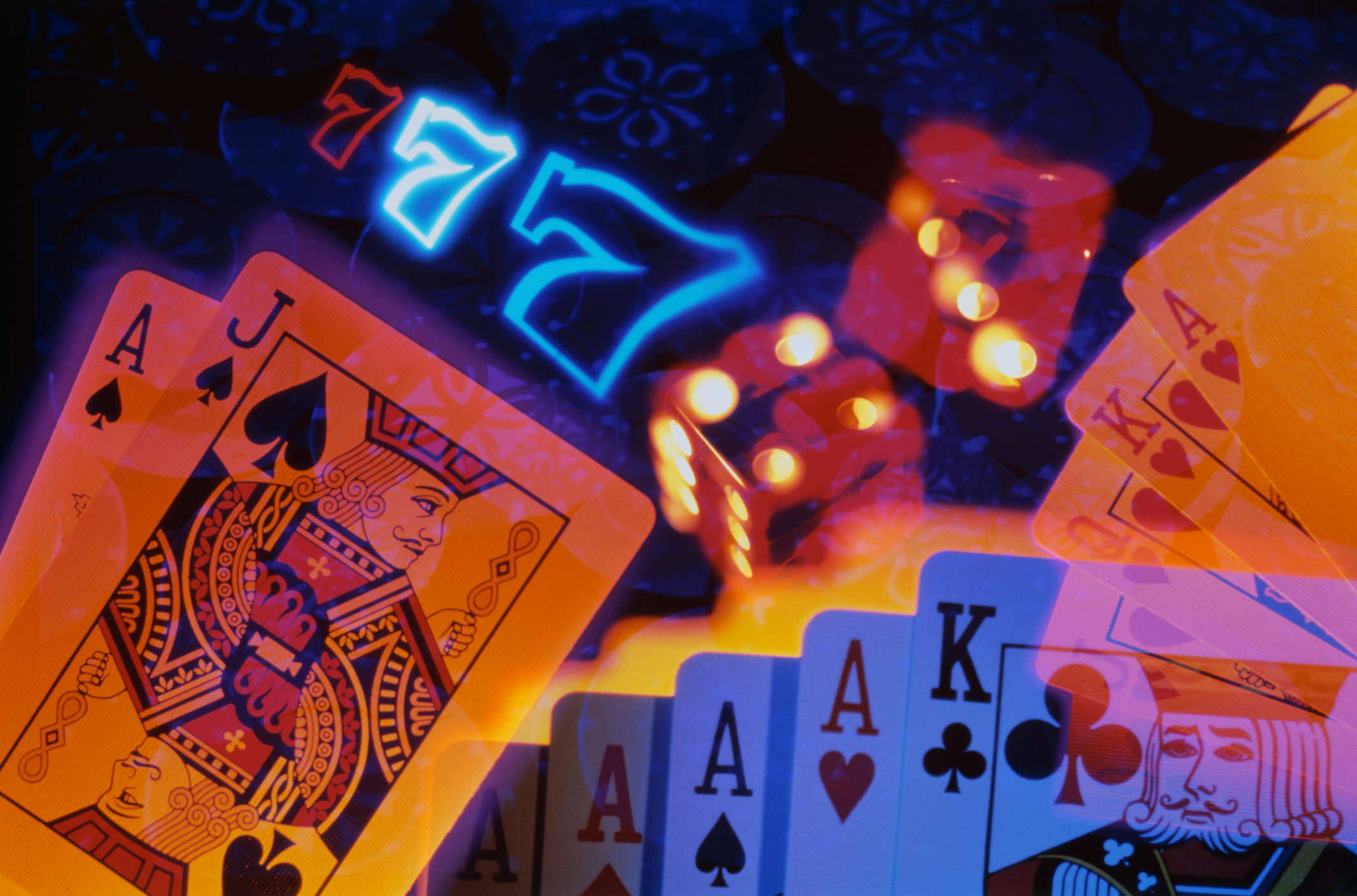
A one-year or five-year casino self-exclusion lasts until the individual requests removal after the ban ends. The person submitting the request for self-exclusion will select the length of their self-exclusion(s) during the enrollment process.
Eligible individuals can visit the PGCB website to request removal from the Casino Self-Exclusion list.
Gambling Community Growing in The Keystone State
The Keystone State is home to 17 brick-and-mortar casinos and ranks as the third-largest commercial gaming state by revenue, following Nevada and New Jersey. It also allows legalized online casino games.
The state is also gearing up to join a multi-state online poker agreement. It’s expected to happen not long after lawmakers re-convene in 2025.
But as the gambling community grows in Pennsylvania, so will the safeguards to protect the players. There are a number of resources available that players can take advantage of, including Gamblers Anonymous and the National Problem Gambling Helpline.
It’s important to always play within your means, and to play responsibly.


